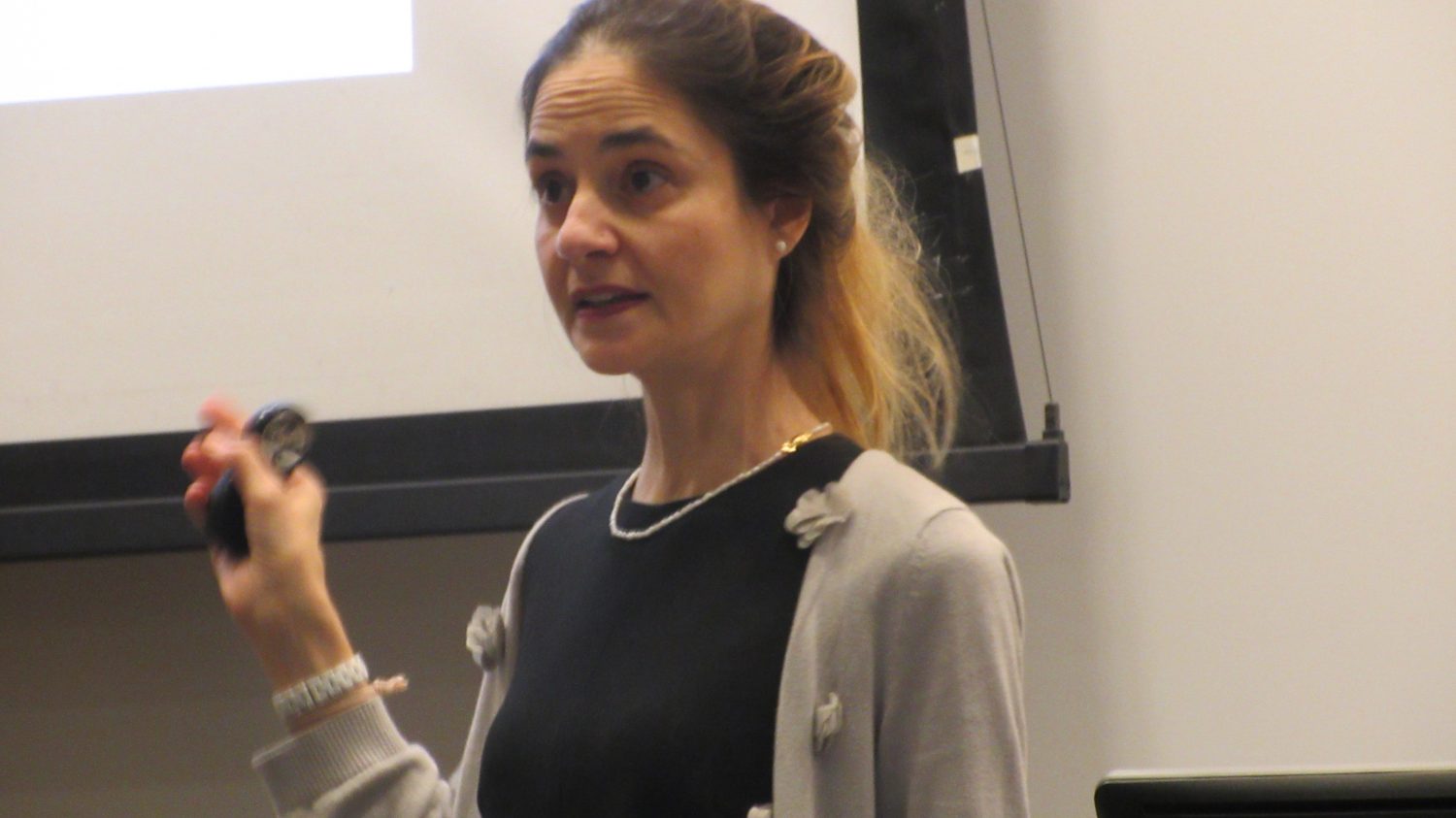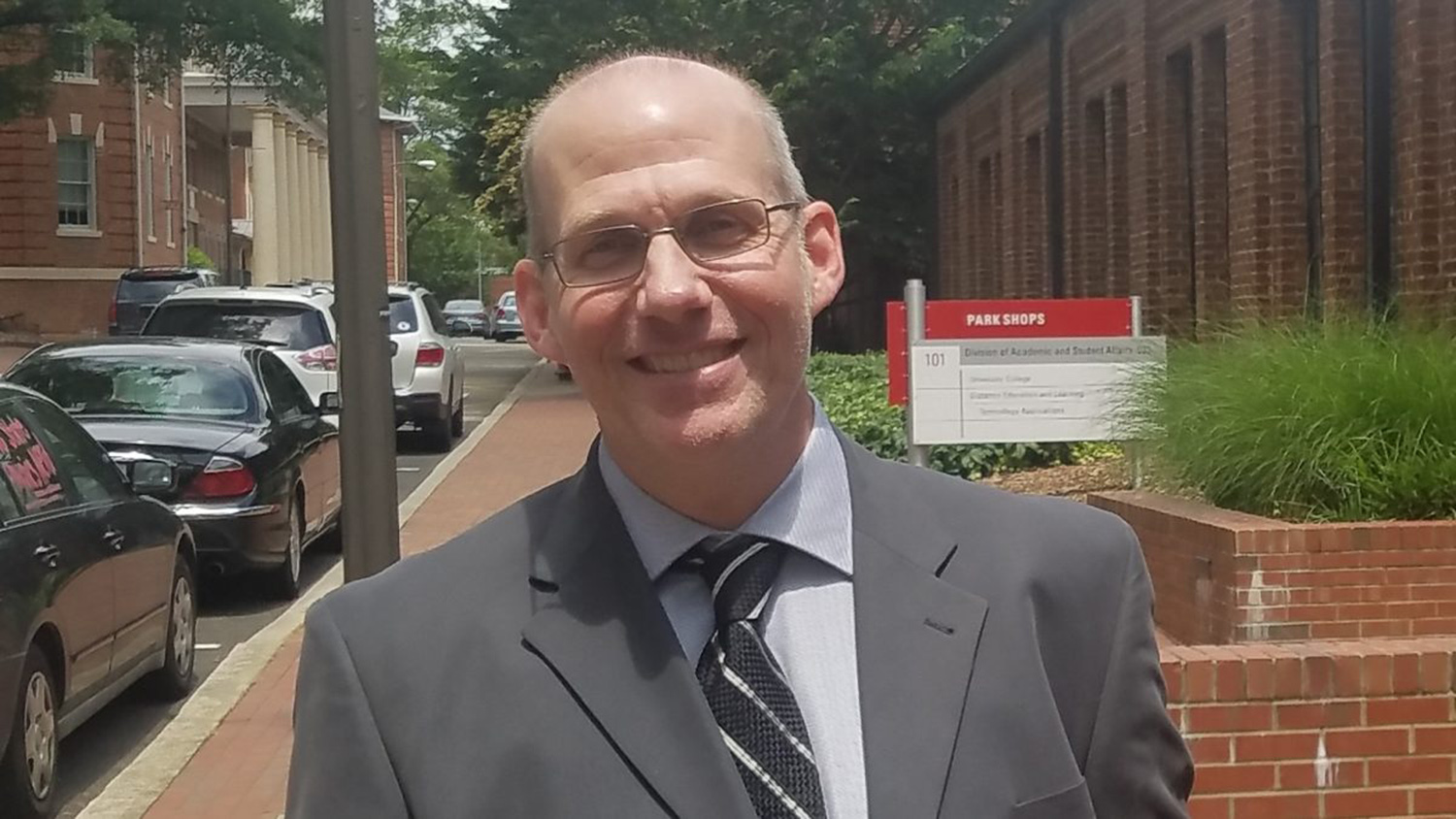Columbia Professor Gives World Philosophy Day Lecture on Freedom and Determinism

NC State’s fourth World Philosophy Day Lecture was given on Thursday, November 15, 2018. The speaker was Jenann Ismael, Professor of Philosophy at Columbia University, who spoke on the topic “Does Determinism Clash With Freedom? A look at human action through the lenses of physics.”
World Philosophy Day has been celebrated internationally on the third Thursday of November since 2002. It was officially proclaimed by UNICEF in 2005 to celebrate and advance philosophy as “a discipline that encourages critical and independent thought … capable of working towards a better understanding of the world and promoting tolerance and peace.”
Ismael earned the Ph.D. in Philosophy at Princeton and spent twenty years on the philosophy faculty at the University of Arizona before moving to Columbia University this fall. She has also had visiting appointments at Stanford and at the University of Sydney in Australia. Her philosophical interests include philosophy of physics, metaphysics, cognitive science, philosophy of mind, general philosophy of science, philosophy of social science, and philosophy of literature.
Ismael is the author of many articles on a wide range of philosophical topics and three books: Essays on Symmetry (Garland Press, 2001), The Situated Self (Oxford University Press, 2007), which was described as “a brilliant study of fundamental issues by a leading philosopher,” and How Physics Makes Us Free (Oxford University Press, 2016), which James Farrell named as the best science book of the year in Forbes Magazine.
In her lecture, Ismael insisted that all our actions are entailed by the fundamental laws of physics and the facts about the past, over which we have no control. But she went on to argue that we nonetheless have pivotal control of our actions because they hinge on internal processes in the sense that in exactly the same external circumstances these processes could result in different actions by different people as well as different actions by the same person at different times.
This holds because these internal processes—unlike those in known artifacts and many animals—depend upon a changing set of beliefs, desires and values that go with a sense of self. At the same time, the self need not be understood as anything over and above these changing inner states.
Ismael also observed that fundamental physical laws are not causal because they do not involve a direction of determination in time. So, according to current science, our actions are not caused by earlier states of the universe.
- Categories:


